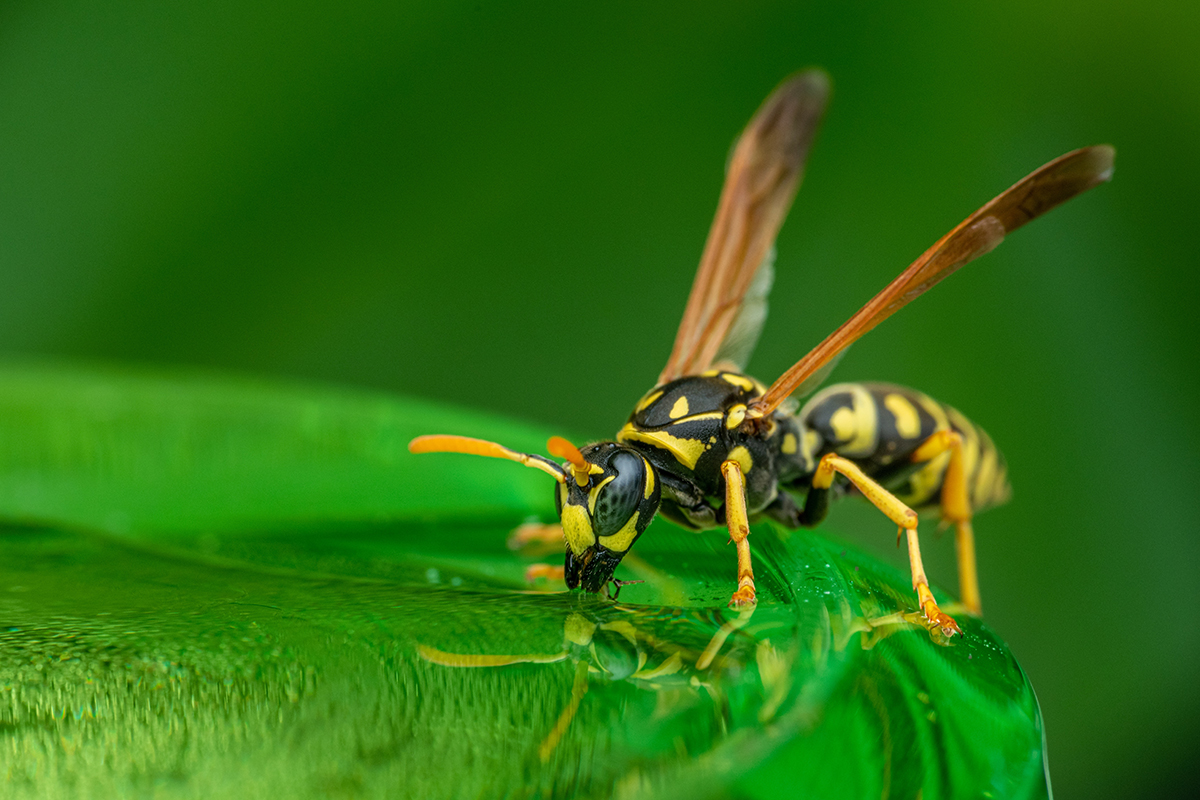5 Allergy Triggers & Ways to Adapt

For many people, summer means backyard barbecues, pool parties and outdoor fun. But if you suffer from allergies, all you may want to do is hide indoors. In 2020, that is not what anybody wants to do, as quarantining has us all overwhelmed. What many parents do not know is seasonal allergies can affect anyone, according to the American College of Allergy, Asthma, and Immunology. Avoiding exposure to potential summertime triggers and working with an allergies to find relief can help make summer more comfortable for all.
The following are a few surprising summer allergy and asthma triggers, as well as some suggestions for coping with them.

Summer’s Delicious Fruits and Veggies
An otherwise healthy snack can mean an oral allergy syndrome for people whose lips begin to tingle after sinking their teeth into a juicy peach–or melon, apply, celery and other fresh fruits or vegetables. People with common grass allergies can suffer from this condition, which is a cross-reaction between similar proteins in certain fruits and vegetables and the allergy-causing grass, tree, or wood pollens. The simple solution is to avoid the offending food, or just put up with the annoying but short-lived (and seldom dangerous) reaction.

Changes In the Weather
Be it stifling humidity or a refreshing cool breeze, sudden changes in the weather can trigger an asthma attack. Wind can spread pollen and stir up mold, affecting those who suffer from tree or grass pollen and mold allergies. Work with your doctor to develop an asthma action plan.

Campfire Smoke
Toasting marshmallows or sitting around a bonfire is a lot less fun if it results in an asthma attack. Smoke is a very common asthma trigger. Sit upwind of the smoke, and avoid getting too close to help prevent an asthma flare-up.

Stinging Insects
As if the pain isn’t bad enough, it is possible to develop a life-threatening allergic reaction to the sting of yellow jackets, bees, wasps, hornets, or fire ants. Cover up when outdoors, avoid brightly colored clothing, forget the perfume, and take caution when eating or drinking anything sweet, all of which attract stinging insects. Be especially careful with open soft drink cans. An allergist might advise carrying epinephrine for emergency relief in the event of being stung. Many are also highly allergic to mosquitos, in which having a mosquito repellent on hand or in your automobile may come in handy when an unexpected visit to the park or a friend’s house occurs.

Chlorine
Although not an allergen, the smell of chlorine from pools or hot tubs can be an irritant and cause flare-ups of either allergy-like eye and nose symptoms or asthma in some people.








